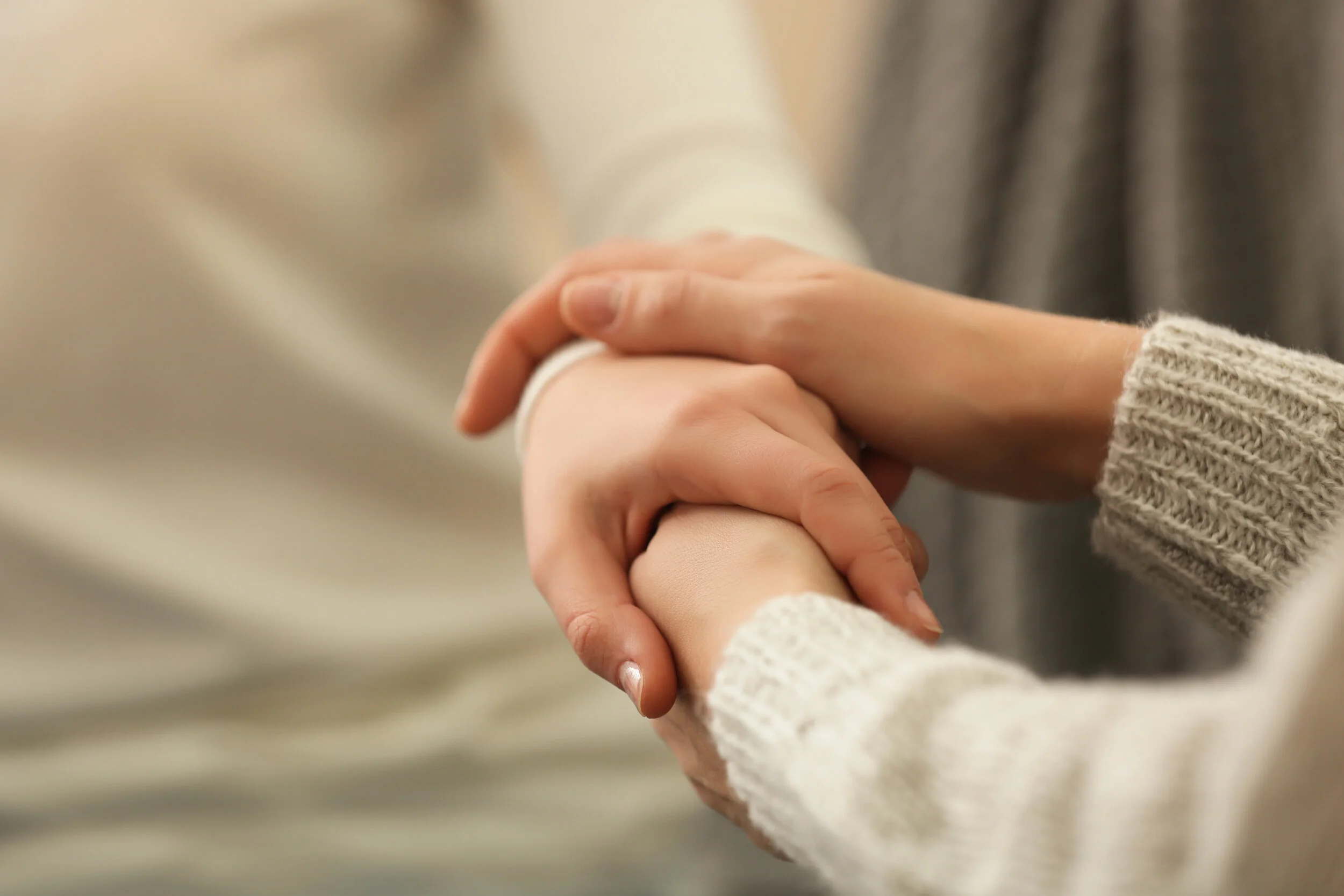Building Caregiver Resilience
Guest Blogger ~ Ryan McGuire
Here at LOLA we help our clients to find the support they need. One such person is Ryan McGuire who educates and trains caregivers for the roles of support they must provide. Ryan provides in home support and guidance on how to utilize the tools a Caregiver needs to maneuver their loved one in and out of bed, a car or shower. It’s seems it’s the simple steps and maneuvers that a Caregiver can do that leads to hurting themselves which leads to added pain and inflammation…then exhaustion.
Ryan discusses the challenges and barriers Caregivers have when caring for their loved one in the article below.
I hope you enjoy his words and remember when you meet a Caregiver, look them in the eyes and tell them they are the unsung hero and are deeply appreciated.
~ Esther C Pipoly/CEO Loss of Life Advocates/LOLA
Caregivers, the unsung heros.
Resilience is defined by the US Air Force as the ability to withstand, recover and grow in the face of stressors and changing demands. Does that sound applicable to the life of a family caregiver?
Family caregivers face every type of stressor imaginable including family conflicts, financial strain, physical and mental health decline. As a result, many caregivers suffer from Caregiver Burnout which is a term used to describe a state of physical, emotional, and mental exhaustion that may be accompanied by a change in attitude -- from positive and caring to negative and unconcerned. In extreme cases caregiver burnout leads to clinical depression. Caregivers suffer from depression at 2 - 3 times the rate of the general population.
I often work with family caregivers in workshops and support group settings. The point I try to make is that if caregivers do not have a strong wellbeing it is almost impossible to provide quality care to a loved one. That is why the ability to adjust to the demands of family caregiving and maintain a strong wellbeing is critical for the caregiver’s and care recipient’s physical/mental health.
In 2012, researchers Dennis Charney and Steve Southwick, did an extensive study of resilience in an attempt to identify which factors allow some people to recover and triumph in the face of challenges while other individuals do not. They studied people that survived and thrived following traumatic events including veterans, victims of assaults and disasters. The ten resilience factors that they identified are:
Realistic Optimism
Facing Fear
Moral compass/Altruism
Meaning, Purpose and Growth
Social Support
Role models
Training
Brain fitness
Flexibility
Religion and Spirituality
All of these are so important that we should look for ways to nurture these traits in ourselves. But when working with family caregivers I want to provide the most relevant information possible. While preparing for a presentation on this topic I recently led one of my support groups in a discussion with the goal of identifying what has allowed them to be resilient in their family caregiver role. Together we helped identify what has been most important to them in maintaining a healthy wellbeing and strong mental health. The most important were:
Optimism - What the group realized is that optimism can be a learned skill (with a lot of practice). It often comes with acceptance of the situation and a deliberate decision to focus on the positive aspects of life. One support group member said, “This is the situation I am in; I want to be there for my wife and enjoy the time I have left with her. I can either get frustrated when she repeats the same things over and over or ask myself, “what does it hurt?”
The Support Group - Throughout the conversation, the group mentioned the support group has a huge factor in “maintaining their sanity”. As we took a deeper dive, we realized the support group provides many of the factors that Charney and Southwick describe. The group provides social support, they stay connected through Facebook, group text, email and outside social events.
Role models - they are able to see how each member has handled similar situations, what has worked and what hasn’t. Facing fear, through shared experiences, they are often able to anticipate what challenges may by coming and develop a plan to handle the situations.
Faith - Faith is very important to many families within the support group. A strong faith in a higher power allows many members of the group to keep the events in perspective and find purpose in the situation.
All too often family caregivers put everything they have into caring for their loved one. We just want you to make sure you make some time for your own wellbeing. Caring for yourself is caring for your loved one.
https://www.upwardhealthcare.com/

